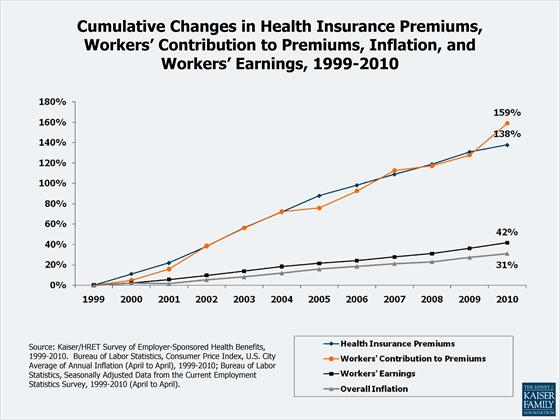November 28th, 2011 by Paul Auerbach, M.D. in Announcements
No Comments »

I recently received a note mailed to health care providers from Steve Sisler, Vice President of Sales Development for Zanfel Laboratories, Inc. Zanfel is a product used to decrease the skin reaction attributable to poison ivy and similar plants (e.g., poison oak and sumac). Here is an edited part of the note that I received:
While attending the recent American Academy of Family Physicians trade show, numerous health care professionals stopped by the Zanfel Laboratories booth to ask questions and gain additional knowledge regarding the Zanfel product and the overall disease state of urushiol-induced allergic contact dermatitis. Additionally, a great many prescribers voiced concern over the recent price increases of Zanfel Poison Ivy Wash. The conversations were very specific in that the retail price for Zanfel had increased to $42.99, $44.99 and even as high as $48.99 plus tax. These prescribers are aware of the retail price increases because their patients are calling them back after visiting CVS and Walgreens pharmacies. Their patients are aware that Zanfel had previously been sold for approximately $39.99 plus tax. These patients are upset because they believe that Zanfel Laboratories has initiated a retail price increase.
Zanfel Poison Ivy Wash has not had a cost increase in over Read more »
This post, Product Used For Poison Ivy Skin Reaction Undergoes Price Increases, was originally published on
Healthine.com by Paul Auerbach, M.D..
November 7th, 2011 by Michael Craig Miller, M.D. in Research
No Comments »

If your child is being treated for attention deficit hyperactivity disorder (ADHD), you may have one less thing to worry about today. A study involving 1.2 million children and young adults provided reassuring evidence that the drugs used to treat ADHD do not increase the risk of death from heart disease.
Researchers, who published their results yesterday in the New England Journal of Medicine, analyzed medical records from a nationwide private insurance plan along with health plans based in Tennessee, California, and Washington State. They compared children taking stimulant drugs (like Ritalin and Adderall) that are commonly used to treat ADHD to children not taking these drugs.
Among all of the children, heart attack, stroke, or sudden death were rare, affecting a little more than 3 in every 100,000 children per year. Cardiac problems were no more common among children using a stimulant as among those not taking one.
The study Read more »
*This blog post was originally published at Harvard Health Blog*
October 26th, 2011 by PeterWehrwein in Research
No Comments »

Remember when the best-selling book Listening to Prozac came out almost 20 years ago?
Now Americans aren’t just reading about Prozac. They are taking it and other antidepressants (Celexa, Effexor, Paxil, Zoloft, to name just a few) in astounding numbers.
According to a report released yesterday by the National Center for Health Statistics (NCHS), the rate of antidepressant use in this country among teens and adults (people ages 12 and older) increased by almost 400% between 1988–1994 and 2005–2008.
The federal government’s health statisticians figure that Read more »
*This blog post was originally published at Harvard Health Blog*
October 11th, 2011 by DavedeBronkart in Health Policy, Opinion
No Comments »

Last week the New York Times reported that some health insurers have applied to regulatory agencies to push premiums sharply higher – usually double-digit increases, while citizens are suffering. This falls on top of the 11 year history reported last year by the Kaiser Family Foundation: wages and inflation are up ~40%, while health costs and worker contributions were up 138% and 159%:

No wonder we feel squeezed. (Last week’s announcement comes on top of this history.)
This has enormous human impact. Read more »
*This blog post was originally published at e-Patients.net*
















